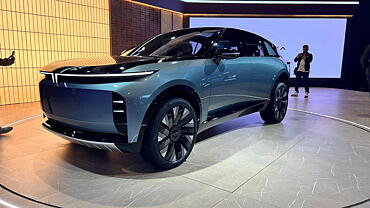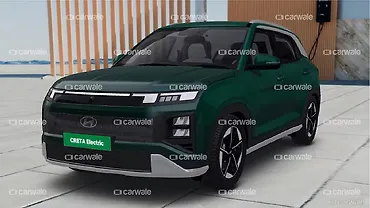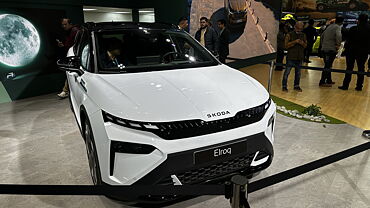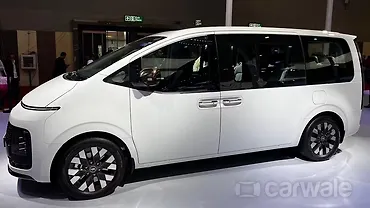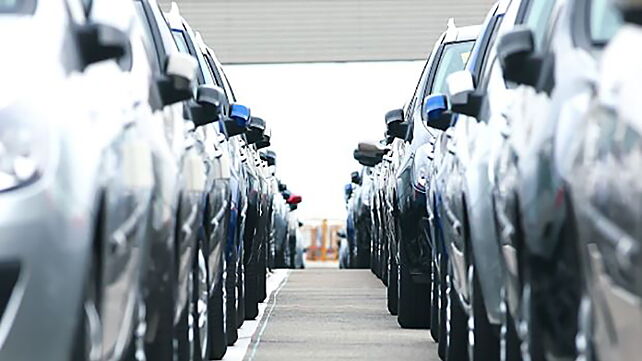
The NDA government has announced a rather balanced interim budget for the financial year 2019-2020, optimising fiscal restraint and populist announcements. The automotive sector was expecting to find a mention for hybrids along with EVs in the roadmap but to no avail.
The Indian government is consistent on its EV push in its endeavour to move away from fossil fuels as quickly as possible to reduce India’s dependence on crude. The government has announced tax rebates on the import of EV technology including battery and motors ranging from 10 per cent to 25 per cent, with a special push for local battery manufacturing to counter China’s hold on the global battery manufacturing monopoly. Overall, the 2019 Budget has reiterated its goal of passenger vehicle electrification by 2030.
For the automotive sector as a whole, the alleviation of exempted income to Rs 5 lakhs per annum, will result in the creation of more disposable income in the middle class. Higher disposable incomes will certainly result in higher consumption which, in turn, will drive automotive sales. Also, the governments push for the expansion of the road network in rural sectors will also help push automotive sales.
The automotive industry was expecting more tax sops on import duties, especially with luxury cars facing nearly 70 per cent taxation. Also, the continual tweaking of tax slabs and rates over the past three years has also led to a lot of uncertainty and the industry expects that whatever tax structure gets finalised by the new government, it should stay consistent for at least two to three years.

